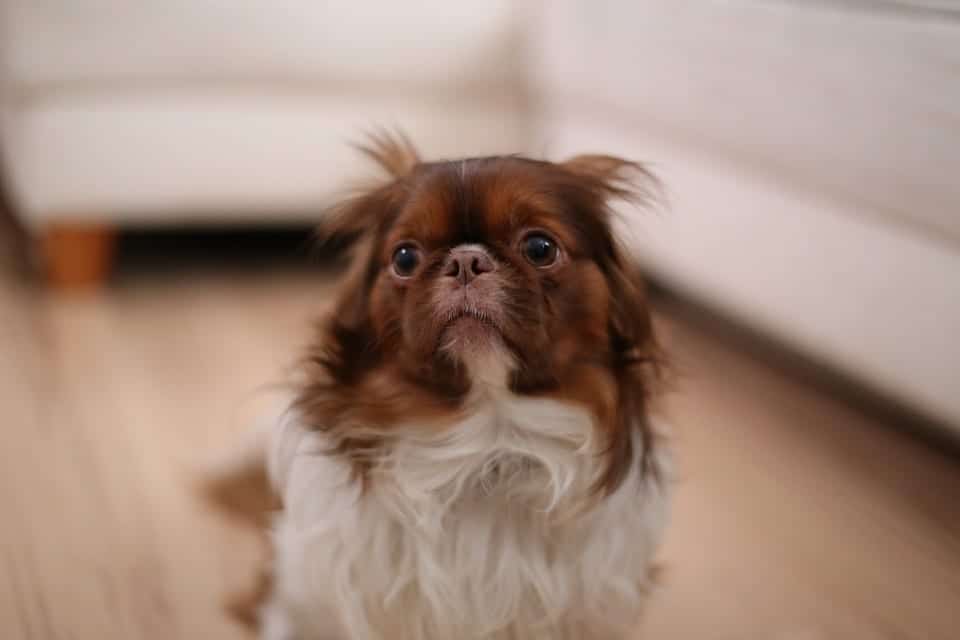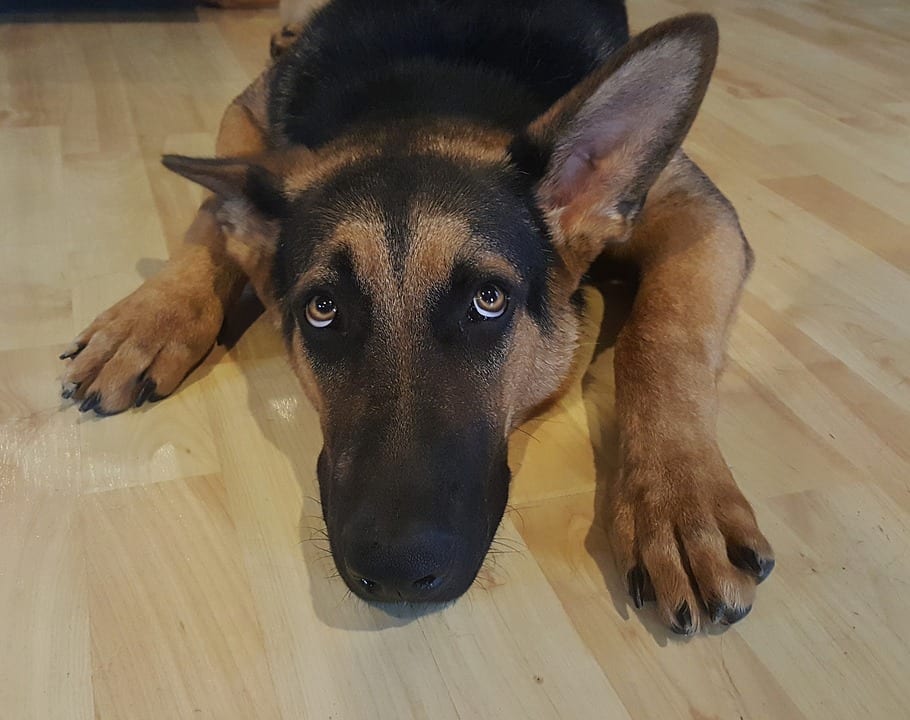
Deal with fear in dogs It can be a complicated task and even in many cases it may never be solved, but the problem can certainly be alleviated.
One of the first things to do when you discover that our furry has fear of something or a situation is talking to the vet. In addition, especially if it is a complicated case, we should put ourselves in the hands of experts, such as the canine ethologists.
Main causes of fear in dogs

There are several reasons why a dog may have fears, traumas and phobias, since it occurs as in humans and is something that depends on factors both internal and external to the individual.
Socialization problems
If the animal was fearful or unsociable the first months of his life, if socialization occurs and he learns to relate to the environment, there are negative situations that can associate the situation, such as objects, people or animals with a negative result and produce the association of fear with a certain stimulus.
This process takes place from three weeks to three months, but this does not mean that they cannot continue learning, but in this phase is when they learn the most, it is easier to learn the process and more the link or association that is created.
Trauma
This can occur in the socializing or outdoors. They are negative experiences that create animal trauma, such as abuse or an accident in which, because of an object, person or animal, the dog suffers damage or nuisance related to the above and that, whenever he sees the cause, he remembers the damage and reacts with fear, insecurity or even aggression.
Genetics
Fear and insecurity to certain stimuli consist of hereditary dog traits, but also suspicious in general. Therefore, a tendency to do so makes it easier for the animal to react when faced with a stimulus that could frighten it.
How to calm a dog that is afraid of loud noises
When a dog is frightened by loud noises such as traffic, a slamming door, thunder or fireworks, among other things, enter a state of fear and nervousness that prevents him from continuing to do what he has done, such as walking with you or eating and creates the need to protect himself, hide and flee.
You will see that he gets nervous, barks, cries, groans and stops without wanting to continue walking in the direction from which the loud sound and wants to walk on the other side, hides behind you or even try to catch him if you get used to him or hide in any corner where much less noise comes from.
To calm a dog that is afraid of firecrackers, rockets or fireworks, follow these tips:

The first thing is vital to think that we must act calm, never leave it alone, never yell or scold him because we would only make the situation worse.
Keep it away from the area where it hears so much noise or insulate windows and doors as much as possible if you are at home.
Stay close to him and talk to him in a normal tone, relaxed and positive and if he is hiding, let him feel better protected because will relax more easily, thinking that it will come out when he wants.
You can also try distract your dog causing you to focus on something other than the noise that is scaring you. For example, amuse him with his favorite toys, encouraging them to play or offering them food they like, keeping them away from the fear area.
If you already know what will happen every time there is a storm, pyrotechnics or other noisy situations, even if you are locked up at home, try to use synthetic pheromones, which can calm dogs with fear, high levels of anxiety and other
If you want to know what else you can do when you Loyal partner is anxious and afraid of something, in order to help him, read this article in which we give you tips on how to calm a frightened dog.